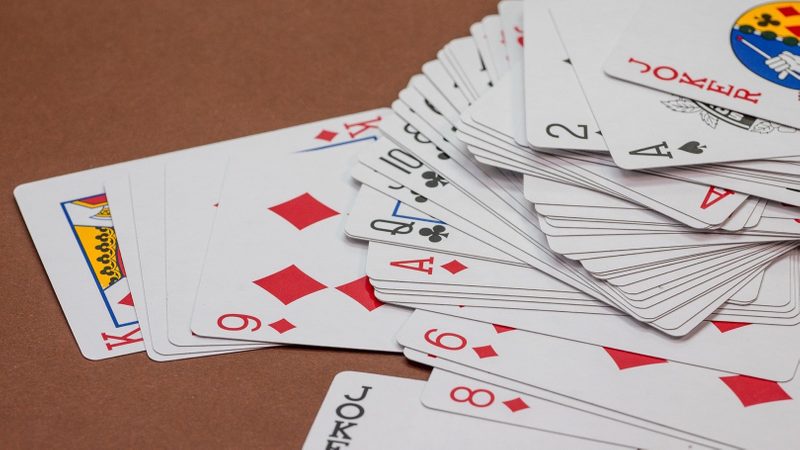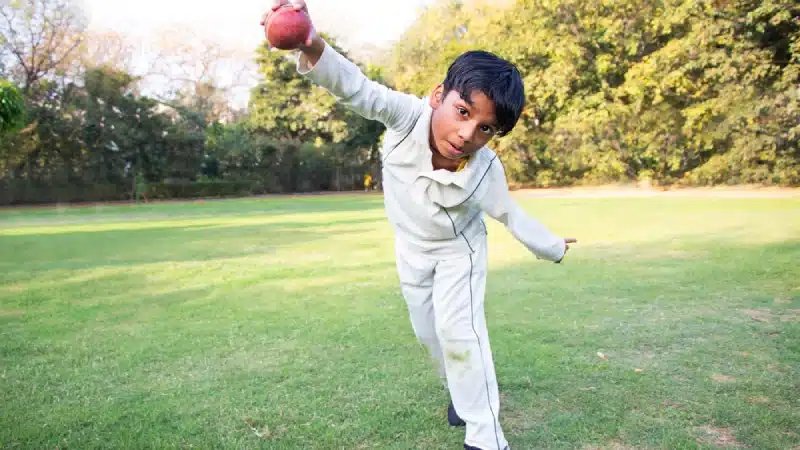
Rummy is a card game in which each player tries to assemble groups of three or more cards of the same rank or sequence of the same suit.
One of the most popular card games in the gambling world, the origin of rummy can be traced back to Mexico in the mid-1800s. The game known as Conquian is considered a predecessor to all modern rummy games.
While Conquian is a two-player rummy type game played with standard playing cards, modern rummy games now involve two to six players.
What is the objective of playing Rummy?
The main aim and basic rule in International Rummy is to put (or meld) cards into two types of combinations - Runs and Sets.
Runs: This happens when a punter having consecutive sequences of three or more cards of the same suit (clubs, diamonds, hearts and spades).
E.g. Cards with numbers 2-5 of the same suit or cards from Ace to 4 with a diamond suit.
Sets: This happens when a gambler has three or four cards of the same rank but from different suits (eg.1). If the punter is playing with two decks, a set may include two identical cards of the same rank and suit (eg.2).
Eg.1: Card with number 7 across suits (clubs, diamonds, hearts and spades)
Eg.2: A spade value card (King) from the two decks
What are the classifications of Rummy games?
As a family of card games, International Rummy has extended its influences to popular table games like Mahjong. But across its variations, certain Rummy games can be classified as follows.
- Flat-out games: No melds get revealed until a player goes out by melding a whole hand in one attempt. E.g. Conquian
- Knock-out games: No melds get revealed until a player ends the game by knocking (verbally indicating the intention to end the hand). E.g. Gin Rummy
- Drift-out games: Melds are revealed as the play progresses. Once a player runs out, the Rummy game ends. E.g. Three thirteen
- Contract games: Players get specific objectives (known or unknown), or they decide their own before announcing it at the start of the round. Points are awarded or deducted as per conditions set. E.g. Kalookie
- Rearrangement games: Melds are revealed as the play progresses. Since cards are standard, any player can extend and rearrange constituent cards to form different melds. E.g. Vatikan
What are the rules for International Rummy?
International Rummy may have multiple variations, but the general functioning of the game is standard. Here we outline the process.
- Each player is dealt a certain number of cards from either a standard deck of 52 cards, more than one deck or a special deck of cards used for specific games. (10 cards each in a two-player game, Seven cards each in a game involving three or four players, Six cards each in a match involving five or six players.)
- The players will decide on a scorer and dealer before starting the game. Then, the dealer deals out the hands and places the un-dealt cards face down in the middle of the table, known as the stock. In most variations, a single card is turned face up next to the stock where players discard or shed cards, known as the discard pile.
- The player to the dealer's left will play first by either picking the top card from the stock or a card on the discard pile. If they cannot put some or all cards into combinations, the first player must discard one card from his or her hand, face up onto the discard pile.
- The next player can either pick up the last card the previous player discarded or opt for a fresh start by picking the top card from the stock. They can then meld some or all of their cards down in combinations.
- The cycle continues clockwise around the table until the stock pile runs out. The discard pile is then shuffled for a fresh start.
- A player can play a card or cards from their hand to complete an existing meld on the table. Those laid-off cards are placed in front of the player who plays them. A Lay Off is done in this manner.
- A player who has melded their entire hand submits it for validation. Every other player reveals their melds and deadweight (melds without any meaning). This is called Showing.
- A player then goes out if they play their last card either by melding, laying off, or discarding.
- The round is scored once a player has gone out. The cards remaining in other players' hands are credited to the winner of the hand with Aces worth one point each, number cards worth their face value, and face cards (Jack, King, Queen) worth 10 points each.
Featured photo: pixabay/blickpixel




















